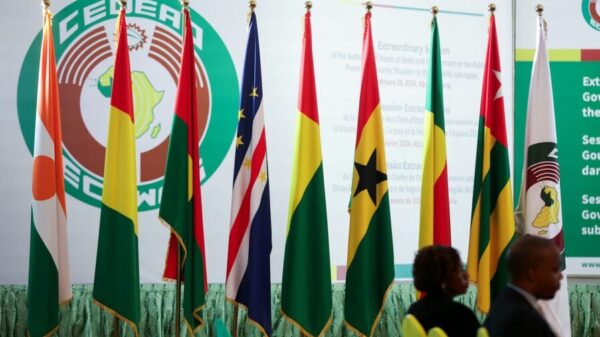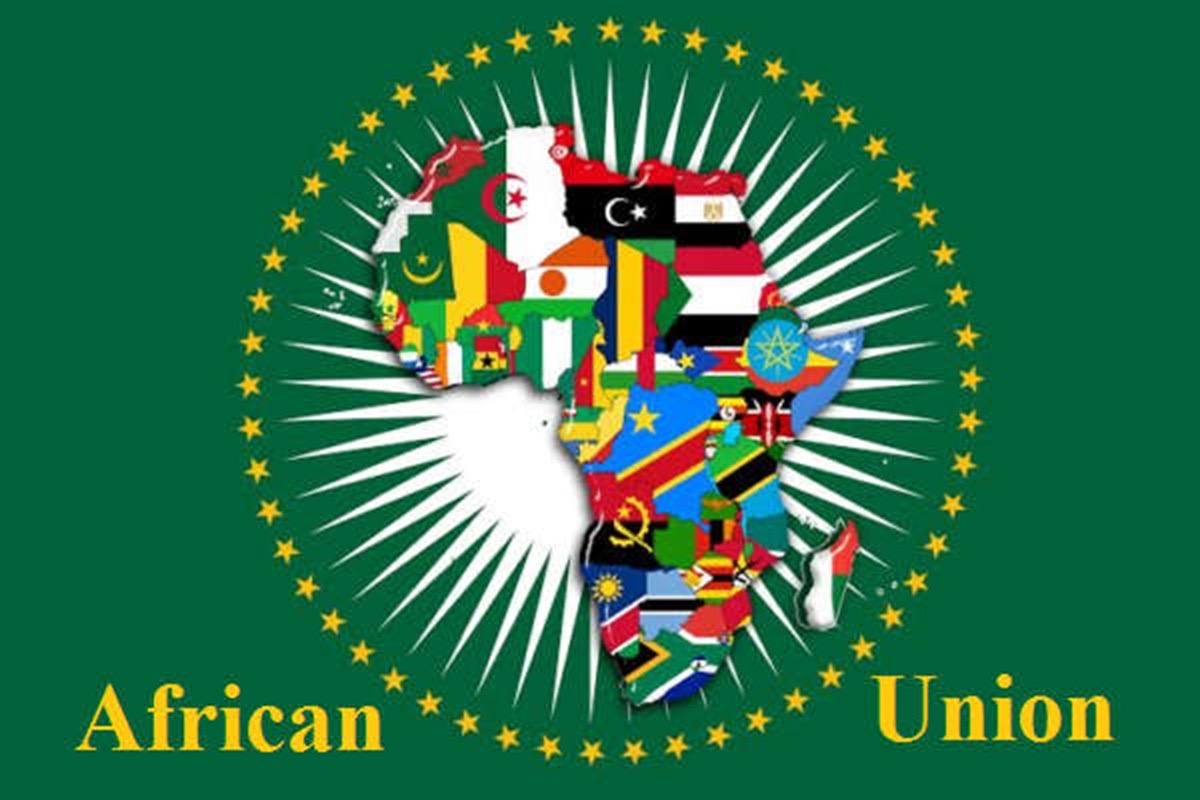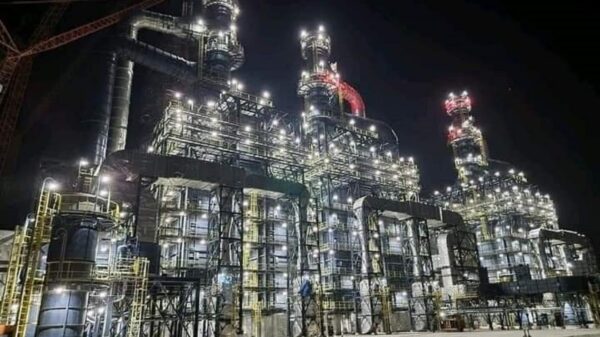African countries are predicted to dominate the world’s top 10 highest growing economies in 2024, Economic Commission for Africa (ECA) says in its Economic and Social Developments in Africa report.
Mr Adam Elhiraika, Director, Macroeconomics and Governance Division at ECA, said this in a statement issued on the commission’s website.
Elhiraika said the most notable growth drivers in Africa in 2024 would be Niger, Senegal, Ivory Coast, DRC, and Rwanda.
According to him, Africa is the fastest growing region after East and South Asia in the developing world in 2023, and Africa will continue this trend in 2024 and 2025.
“The report says that Niger and Senegal are expected to experience significant economic growth due to the increase in hydrocarbon production and exports.
“Growth in Niger will be fuelled by the revival of agricultural production, although it is vulnerable to unfavourable weather conditions and a rise in crude oil production.
“ Which will have a beneficial impact on the transportation sector. However, recent military coups and sanctions from regional blocs have disrupted economic activity and incurred significant social costs.
“The growth in Senegal will be driven by rising private and infrastructure projects. However, residents in up to 15 African nations are participating in elections this year.
“And these include the recently concluded presidential elections in Senegal, which could impact the short-term growth and development,” he said.
Elhiraika said robust expansion in Ivory Coast, DRC, and Rwanda were attributed to an increase in infrastructure investment, continuous tourism development, good mining industry performance, and advantages of economic diversification.
According to him, growth in the DRC will be fuelled by the extractive sector.
Elhiraika said this was due to the opening of new oilfields, agriculture, services, and mining, in accordance with the national strategy to boost social and investment expenditures.
The director said Rwanda’s growth would be fuelled by private consumption and investment, while Ivory Coast’s would be driven by increased investment.
“The report shows that the continent is expected to grow from 2.8 per cent in 2023 to 3.5 per cent in 2024 and reaching 4.1 per cent in 2025.
“Mainly underpinned by net exports, private consumption, and gross fixed investment.
“Africa’s economic growth remains unstable and lower than potential, and the rate required for achieving the Sustainable Development Goals (SDGs) and Agenda 2063 target.
“Necessitating major fiscal and monetary policy shifts as well as increased efforts to address internal and external balances, inflation, and debt issues,” he said.
Elhiraika recalled that the 2023 report said the global economy showed resilience with declining energy and food prices, increased consumption in China, and improved US economic growth.
He said still, the outlook remained uncertain, with high debt, rising borrowing costs, weak global trade, and mounting geopolitical risks, constraining progress towards the SDGs and Agenda 2063 targets.
“The region faces threats of tighter monetary and fiscal conditions and notable debt sustainability risks.
“The ongoing climate catastrophes and extreme weather occurrences will continue to negatively impact agriculture and tourism, while geopolitical instability will continue to affect certain subregions in Africa.
“Trade in Africa continues to face headwinds reflected in net capital outflows and subdued export revenues, with intra-African trade remaining relatively low.
“Africa’s total exports are largely concentrated in extractive commodities, which has kept Africa trapped at low points along critical value chains,” he said.
The director said social development trends in Africa are concerning, with rising poverty, inequality, and unemployment exacerbating the continent’s challenges to achieve the SDGs.
The ECA report said that the capacity of African countries to effectively tackle poverty and inequality was severely constrained by the low poverty-reducing effect of economic growth.
Elhiraika then highlighted key recommendations in the report, include.
“To revitalise trade in Africa, it is necessary to reduce trade costs in Africa.
“Implementation of the African Continental Free Trade Area (AfCFTA) is vital to boost trade, eliminate barriers, and promote other trade liberating strategies.
“To achieve the SDGs, it is necessary to mobilise more domestic resources and introduce innovative finance mechanisms through capacity building, institutional strengthening, and promotion of (tax) reforms.
“Also you can use digital technology; introduce environmental taxation; implement innovative finance mechanisms, such as debt swaps,” he said.
Elhiraika said with an increasing number of countries in or at risk of debt distress, sustainable debt relief and restructuring measures are required.
He called the need for countries to implement structural reforms to help revive growth, bolster resilience, and enhance the effectiveness of fiscal and monetary policies to contain inflation.
“African countries should also capitalise on the current global shifts, including the transition towards renewable energy and the revitalised significance of critical minerals,” Elhiraika said.























